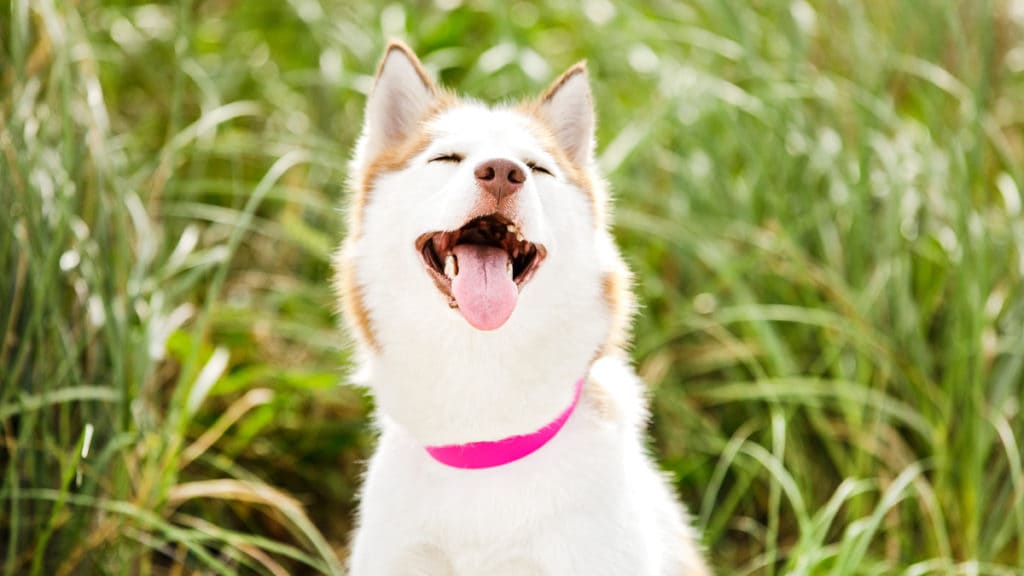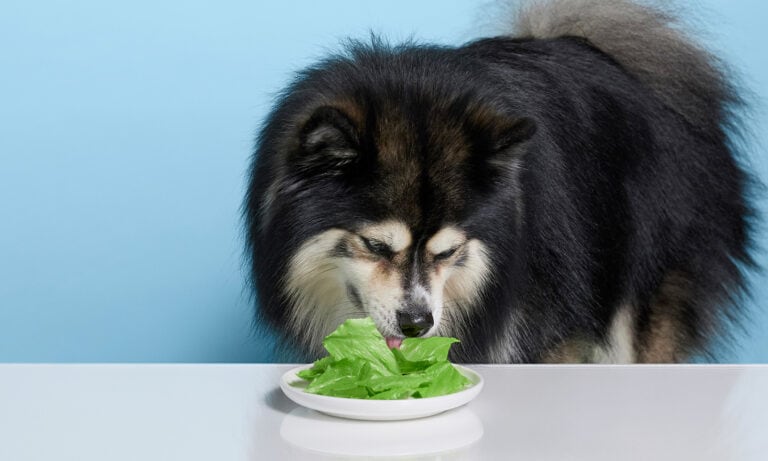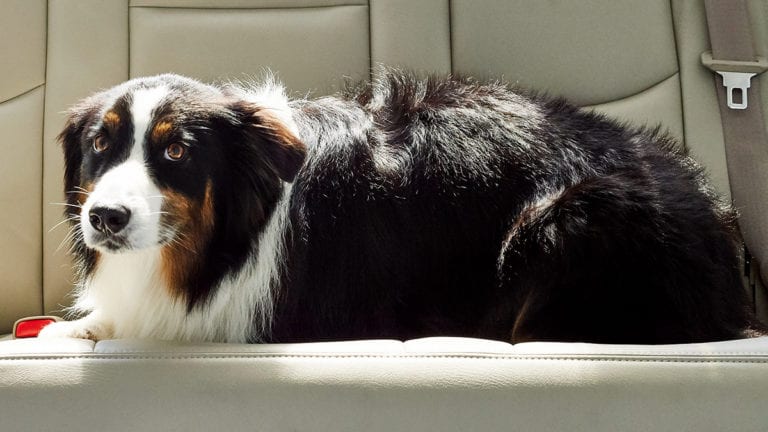Probiotics may be hard to pronounce (you try saying lactobacillus acidophilus five times fast!), but these dog supplements serve as an important part of your dog’s daily diet and can help to keep him healthy from the inside out.
They might have funny names, but probiotics have serious benefits when it comes to your dog’s well-being. Probiotics, also known as “good bugs,” are types of bacteria that not only help to ease digestion and boost immunity, but also can contribute to your dog’s happiness.
“The link between probiotics and mood improvement in dogs is an emerging area of research already producing encouraging results,” says Dr. Stephanie Liff, DVM, of Pure Paws Veterinary Care in New York City. “Some studies have shown that probiotics may help decrease stress behaviors in anxious dogs.”
Exactly how probiotics work to maintain a happy dog is still being studied, but scientists think they’re on to a promising theory.
Happy Tummy, Happy Noggin—Stress Hormones & Stressed-Out Pups
As pet parents, we know that sometimes our dogs seem to “think” with their stomachs, and perhaps we’re not so far off from the truth. Scientists have actually found a link between a dog’s gut microbiome—the types of bacteria in his tummy—and what goes on in his brain.
“The gut-brain axis, as scientists call it, means a dog’s gut health and mood may be directly interconnected,” Dr. Liff says.
But just how can the content of your pup’s stomach affect what’s behind his peepers, and vice versa?
For one, some hormones that can spike during stressful behaviors—cortisol being the main stress hormone—are actually influenced by gut health.
“Not only can anxious dogs show gastrointestinal upset as a main symptom of stress, but dogs with a healthy gut biome—or the types of bacteria in the GI tract—may actually have lower levels of the stress hormone cortisol, and thus feel calmer and exhibit reduced stressful behaviors,” Dr. Liff explains.
How Probiotics Can Help
Probiotics have been shown to help establish a healthy balance of friendly bacteria in a dog’s GI tract, which can shorten the duration of enteritis—or inflammation of the gut, Liff says. Less inflammation means more sound digestion. And what dog wouldn’t be happier about that?
Probiotics also help power doggy tummies to absorb more nutrients from foods, like B vitamins such as thiamin, which has been shown to play a role in mood regulation in dogs and humans alike.
Think about it like an assembly line of “good bacteria workers” toiling around the clock, getting all the good stuff in, and taking all the not-so-good stuff out—which adds up to a happier dog, bowl after bowl.
Choosing a Mood-Enhancing Probiotic for Your Pooch
The best thing is, probiotics are easy to include as part of your dog’s daily diet by simply adding them to his food. But when it comes to choosing a probiotic, there are some things to keep in mind, according to Dr. Liff.
“Although the exact dosing of probiotics for dogs is not well established, some studies suggest that higher doses of probiotics seem to add up to more clinically significant results,” she says. “And you also want to look for canine-specific probiotics, which are beneficial bacteria specially-selected for safety and efficacy in dogs.”
Picking out a probiotic dog supplement that contains a high dose of the good bugs means looking for one with a high CFU on the label. CFU stands for colony forming units—which is the amount of good bacteria that will make it to the gut, set up shop and start doing their thing. Dr. Liff recommends a probiotic with at least 1 billion CFU’s per serving.
Probiotic dog supplements, like K9 POWER Digest Forte dog supplement, not only help support digestive and immune health, but also your dog’s mood. You can give probiotics daily to help maintain a mood-balancing and health-enhancing canine gut flora, as well as during stressful times for your pooch, like while traveling or moving. With all those “good bugs” in his tummy, all he’ll need now is a good tummy rub.
Share:










